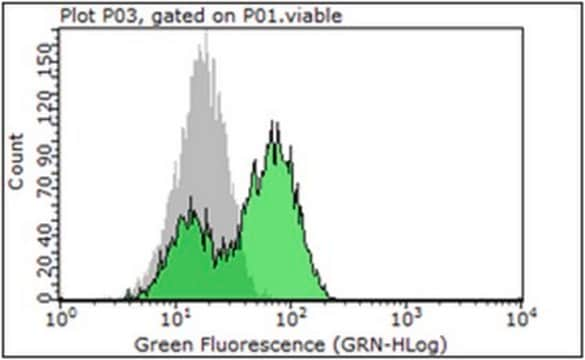PHR1152
Phenyl salicylate melting point standard
Pharmaceutical Secondary Standard; Certified Reference Material
Synonym(s):
Phenyl salicylate, Salol
About This Item
Recommended Products
grade
certified reference material
pharmaceutical secondary standard
Quality Level
Agency
traceable to USP 1534209
API family
phenyl salicylate
CofA
current certificate can be downloaded
technique(s)
HPLC: suitable
gas chromatography (GC): suitable
bp
172-173 °C/12 mmHg (lit.)
mp
~Approximately 42 °C
41-43 °C (lit.)
application(s)
pharmaceutical (small molecule)
format
neat
storage temp.
2-30°C
SMILES string
Oc1ccccc1C(=O)Oc2ccccc2
InChI
1S/C13H10O3/c14-12-9-5-4-8-11(12)13(15)16-10-6-2-1-3-7-10/h1-9,14H
InChI key
ZQBAKBUEJOMQEX-UHFFFAOYSA-N
Looking for similar products? Visit Product Comparison Guide
General description
Phenyl salicylate is a phenyl ester of salicylic acid and is used as a medicine under the name ′salol′ as an internal antiseptic. It finds its application in paints, waxes, and varnishes as it is found to absorb UV radiation in the range of 290-325 nm. It also shows its presence in cosmetics and sunscreens as a UV filter.
Application
Analysis Note
Other Notes
Footnote
related product
Signal Word
Warning
Hazard Statements
Precautionary Statements
Hazard Classifications
Aquatic Chronic 2 - Eye Irrit. 2 - Skin Irrit. 2 - Skin Sens. 1
Storage Class Code
11 - Combustible Solids
WGK
WGK 2
Flash Point(F)
230.0 °F - closed cup
Flash Point(C)
110 °C - closed cup
Choose from one of the most recent versions:
Already Own This Product?
Find documentation for the products that you have recently purchased in the Document Library.
Customers Also Viewed
Our team of scientists has experience in all areas of research including Life Science, Material Science, Chemical Synthesis, Chromatography, Analytical and many others.
Contact Technical Service













